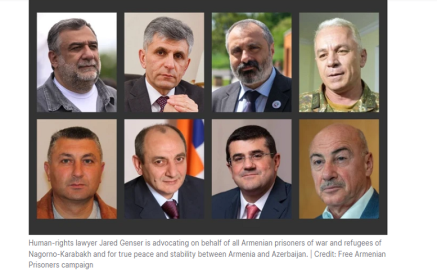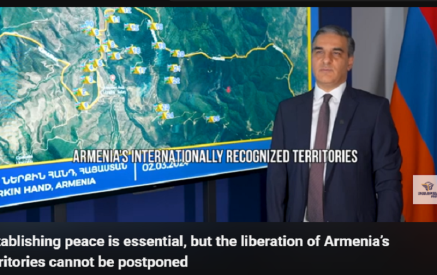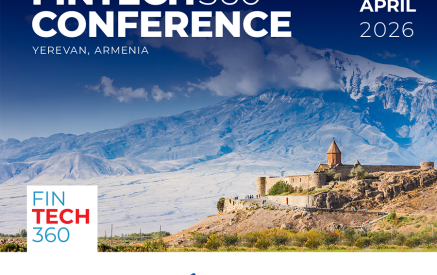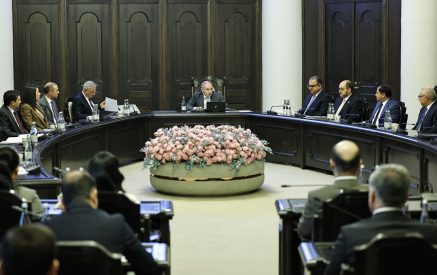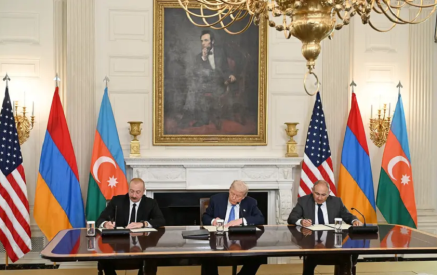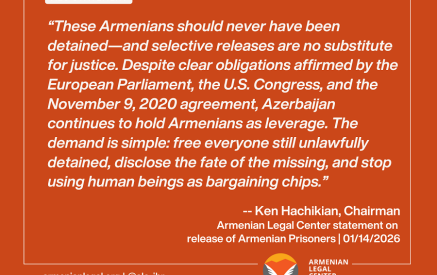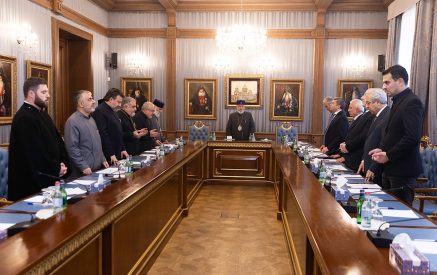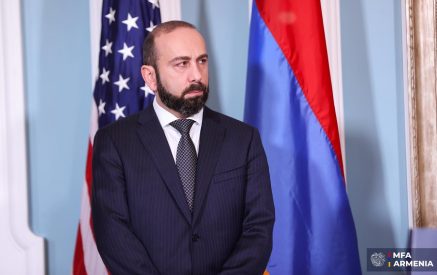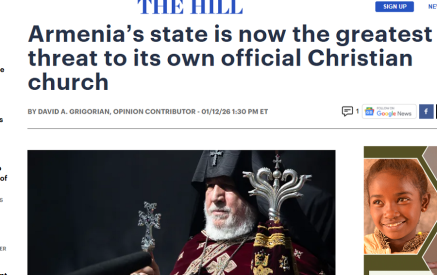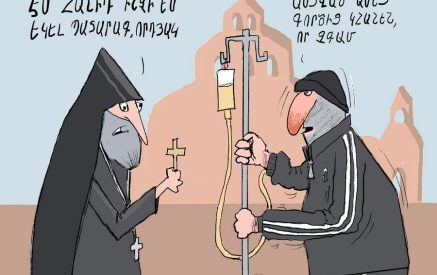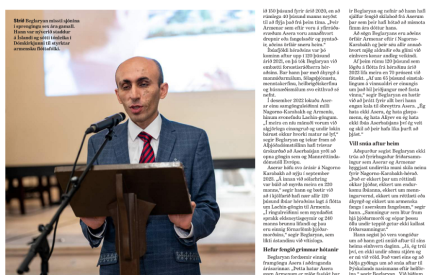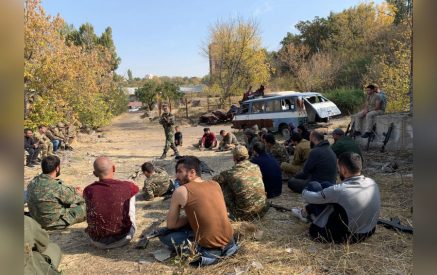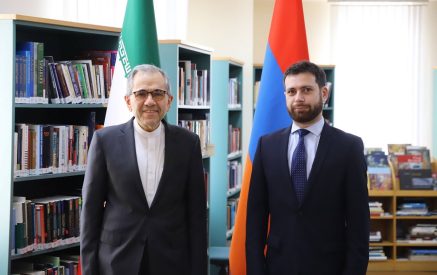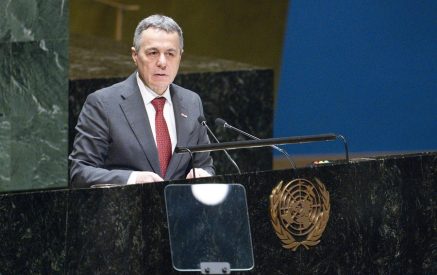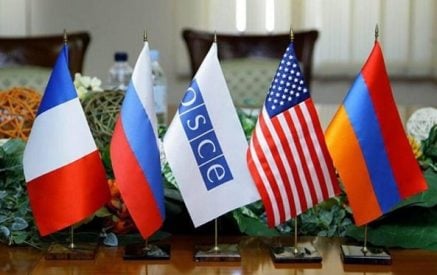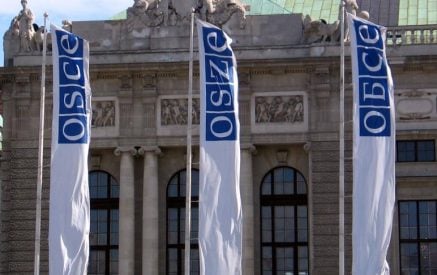ATHENS, 4 May 2017 – Greece has taken important steps towards improving conditions in migrant and refugee camps, but the disproportionate responsibility it is assuming underlines the urgent need for a cohesive, balanced and co-ordinated response to migration, said members of the OSCE Parliamentary Assembly’s Ad Hoc Committee on Migration today.
The Ad Hoc Committee met in Athens after completing a field visit yesterday to the Greek island of Lesvos, where they visited two refugee camps, which followed visits Tuesday to two refugee camps in Athens and a series of meetings with national, regional and municipal authorities. The committee members stressed the difficult circumstances for refugees, migrants, aid workers, and authorities alike, compounded by the fact that the Greek asylum system was only set up in 2014 and underwent extensive changes in 2016.
The OSCE PA delegation was led by Ad Hoc Committee Chair Filippo Lombardi (MP, Switzerland), who said that the aim of the visit was for members to assess first-hand how Greece is coping with the migration crisis and to evaluate the effects of European Union policies, including the implementation of the March 2016 EU-Turkey Statement.
“Although it may have faded from the headlines in recent months, the migration issue will not disappear just because we ignore it,” said Lombardi. “There is no easy solution in sight, but Greece should be commended for its efforts to speed up asylum procedures and improve conditions in the camps, as well as ensure access to education.”
Read also
He noted however that there is a clear sense of desperation as some people have been in camps for over a year waiting for a decision on their asylum application, appeals and relocation prospects. Furthermore, there is a lack of adequate shelter space for unaccompanied minors in specialized smaller facilities. Many are currently in so-called ‘safe zones’ in open camps that are not appropriate for children.
“It must be recognized that the EU’s fragmented policies have real consequences for frontline States like Greece, and therefore need to be reconsidered.” he said. “Elements are in place for successful policies, but they suffer from lack of political will to ensure implementation. I urge EU Member States and all OSCE countries to live up to their moral obligations in hosting refugees, and as importantly to redouble their efforts in bringing an end to the Syrian conflict and addressing other root causes of migration.”
Lombardi and 11 fellow members of the Ad Hoc Committee are being hosted in Greece by the Hellenic Delegation to the OSCE PA headed by the Vice-President of Parliament, Georgios Varemenos (MP, Greece). The delegation to Greece this week includes OSCE parliamentarians from France, Turkey, Italy, Sweden, Austria, Cyprus, and Belgium. It is the third field mission conducted by members of the Ad Hoc Committee, who visited Calais and Grande Synthe in May 2016, and Sicily in September 2016.
Varemenos voiced his support for the EU-Turkey Statement, which he said has resulted in a notable drop in the numbers of illegal arrivals and called upon both sides to stand by their commitments in order to ensure its implementation.
Still, already about 5,000 refugees and migrants have arrived by sea in Greece in 2017, nearly a third of whom were children, he pointed out. Syrians fleeing the six-year old civil war represent the largest group of arrivals, Varemenos noted, stressing the need for other European countries and others to do their part in hosting these war refugees and to step up efforts to resolve the conflict.
His colleague Makis Voridis (MP, Greece) stressed that Greece and other southern European countries continue to shoulder a disproportionate responsibility among European nations, as they have ever since the refugee and migrant crisis took hold two years ago.
“Some 43,000 migrants, including refugees, have already entered Europe this year, with most arriving in Italy, Spain and Greece. Greece, which itself has experienced a serious financial crisis, has been struggling to cope with an influx of people fleeing violence, political persecution and economic hardship. The situation in the Mediterranean is as urgent as ever, and it is important for all of us to keep a focus on this ongoing crisis,” Voridis said.
Arrivals in Greece currently represent about 11 per cent of total arrivals in the Mediterranean. Although arrivals of migrants continue at lower levels than in recent years, Greece remains under pressure with more than 62,200 migrants still present in its territory, of which around 14,000 are on the islands and around 48,200 persons on mainland Greece.
“Greece exerts huge efforts to cope with the consequences of the refugee crisis,” said Vice-Chair of the Ad Hoc Committee on Migration Sena Nur Celik (MP, Turkey). “However, as the crisis has global repercussions, frontline countries should not be left alone in bringing solutions. A global response based on shared responsibility is vital.”
She noted that due to the Turkey-EU deal, the Eastern Mediterranean route is currently closed to irregular migration, but shortcomings in terms of capacity and infrastructure on the Greek islands hinder better living conditions for refugees. The EU should mobilize more resources and capabilities in order to support Greece in this difficult task, she said, including swiftly processing the backlog of asylum applications on the Greek islands in full compliance with international law and standards.
“This is key for the total functionality of the Turkey-EU migration deal which constitutes a model of co-operation in addressing irregular migration,” Celik said. “For the sustainability and viability of the deal, the EU should also address commitments towards Turkey without delay.”
This week’s visit by the Ad Hoc Committee on Migration included meetings with various Greek officials involved in migration policy and visits to refugee camps in Athens, as well as the Moria hotspot and Kara Tepe refugee camp on Lesvos. In Athens, committee members met with Minister for Migration Policy Ioannis Mouzalas, Deputy Minister of Migration Policy Ioannis Balafas, Secretary General for Public Health Ioannis Baskozos, Mayor of Athens Georgios Kaminis, and Attica Region Governor Rena Dourou.
In Lesvos, they met with Mayor Spyros Galinos, the head of Lesvos Police, and representatives from FRONTEX, the UN Refugee Agency, the International Organization for Migration, and Médecins sans Frontières. They also met with the OSCE Special Representative and Co-ordinator for Combating Trafficking in Human Beings, Amb. Madina Jarbussynova.
In its field visits, committee members pay particular attention to situation of vulnerable refugees, especially women and children, as well as unaccompanied minors. Committee members travelled to Brussels and Geneva in January 2017 to meet with key officials from the EU and main international organizations actively involved in managing the migration crisis.
A follow-up visit to Turkey is also being organized for the coming weeks, and the Chair of the Ad Hoc Committee on Migration intends to present a report and resolution on the topic at the OSCE PA’s 26th Annual Session in Minsk, Belarus, in July.


